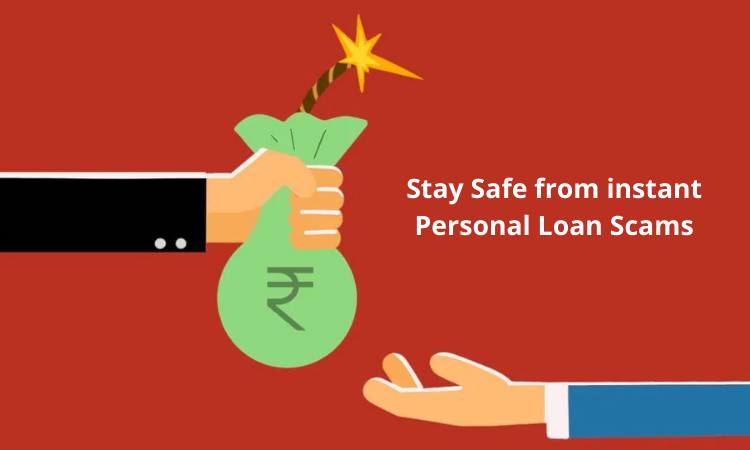Most people fall for loan scams when they are desperate for funds and are on the lookout for legitimate lenders. In 2020,Guest Posting 2.2 million incidents of loan fraud were reported to the Federal Trade Commission (FTC).
What are loan scams?
It is a loan scam when an individual or a company posing to be a lender doesn't deliver the loan after obtaining all your financial information.
What are the different types of loan scams?
When scammers offer financial aid, they try to take advantage of the consumer's most significant economic need and vulnerability. Student loans, mortgages, and debt consolidation are three prevalent types of loan fraud.
Student loans: This loan involves students taking loans from the central government or a private lender to pay for educational expenses such as materials, books, and living costs. Significant government loans often feature cheaper interest rates and more flexible repayment choices than private lenders.
Mortgages: Mortgage scammers frequently use freely released eviction notices to locate people in trouble financially. Scammers may persuade homeowners that they would be able to stay in their homes and even start again. The next step is a bait-and-switch, which may include signing loan-like documents. The issue is that the person is genuinely relinquishing ownership of the home. Other foreclosure scams may require you to pay fees for counseling or auditing, but no meaningful assistance is provided.
Debt consolidation: A personal loan scam is a means for con artists to gain your Social Security number or charge you fees without actually lending you money. Some of the most prevalent personal loan scams entail con artists obtaining your personal information or finances by proposing a loan with no credit check. Others make unwanted loan offers and then vanish after collecting upfront fees or proof.
Warning signs of loan scams
Too enticing to be true
This is a general thing to look out for when looking for loans. For example, suppose a lender claims an assured approval for a quick loan, has positive ratings on their website, doesn't care about terrible credit, or offers no credit check. In that case, you should do a lot of research before agreeing to anything.
This could include the method used for contacting you. For example, banks frequently send you offer letters through the mail. However, if it's a bank you've never heard of that's randomly contacting you with a bargain that seems too tempting, proceed with caution.
There are no problems if you have a negative credit score.
Loan scams frequently use pre-approvals, assured approvals, or no credit checks. Be wary of lenders who make such promises without reviewing your credit history first. Scams involving assured clearances or no credit checks are feasible. A lender requires underwriting to assess and price a loan effectively. It's a red flag if they're not doing it.
Upfront fees
The loan should reimburse any expenses incurred as a result of the loan. Walk away if you have to pay up with the funds out of your pocket. These payments are commonly referred to as "application fees" or "processing fees." On the other hand, these fees are far from accurate, and they often need you to do things that may appear strange, such as purchasing a prepaid card.
Legitimate loan lenders impose a fee up in advance. It's known as an origination charge, which is standard and is deducted from your loan proceeds. Advance-fee loans, on the other hand, are not legal. You should never give somebody money out of your wallet unless you have been authorized.
Pressurization
If a lender puts any pressure on you, don't give in. Legitimate lenders do not put you under any pressure. Make sure you're not feeling rushed to make a decision or give critical information like your bank account information, SSN, or credit or debit card information.
Summary
Losing money or assets to scams can be painful, so knowing how to distinguish between scammers and a lender you can trust is crucial. Knowing how to recognize typical loan scams can help you avoid identity theft, secure your personal information, and save your hard-earned cash.


